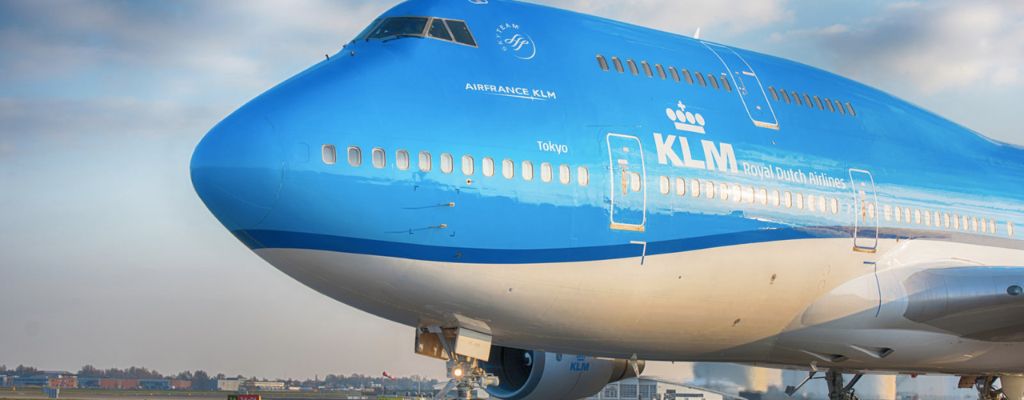Introduction to KLM Royal Dutch Airlines
Founded on October 7, 1919, KLM Royal Dutch Airlines holds the distinction of being the oldest airline in the world still operating under its original name. Initially established as a national airline, KLM has since grown into an international carrier known for its exceptional service and pioneering spirit. From its first commercial flight between Amsterdam and London in 1920 to its extensive global network today, KLM has remained at the forefront of aviation innovation.
Early Years and Milestones
In its early years, KLM focused on establishing air routes within Europe and expanding its operations to serve destinations across the continent. One of the airline's most significant milestones came in 1924 when it launched the first scheduled service between Amsterdam and the Dutch East Indies (now Indonesia), marking the beginning of long-haul flights to Asia. Throughout the 20th century, KLM continued to introduce innovations such as onboard radio communication, pressurized cabins, and jet aircraft, solidifying its reputation as an industry leader.
Enduring Challenges and Triumphs
Like many airlines, KLM faced numerous challenges over the years, including economic downturns, geopolitical conflicts, and technological changes. However, the company's resilience and adaptability enabled it to overcome these obstacles and emerge stronger than ever. Notably, KLM played a crucial role in the development of international air travel, pioneering routes to destinations in Africa, the Americas, and beyond. The airline also embraced new technologies such as computerized reservation systems and digital communication to enhance the passenger experience.
Commitment to Safety and Sustainability
Throughout its history, KLM has prioritized safety and sustainability as core values. The airline has implemented rigorous safety protocols and training programs to ensure the well-being of its passengers and crew. Additionally, KLM has taken proactive steps to reduce its environmental impact, investing in fuel-efficient aircraft, alternative fuels, and carbon offsetting initiatives. As a result, KLM has earned recognition for its efforts to promote sustainable aviation practices and minimize its carbon footprint.
Embracing the Future
As KLM looks to the future, it remains committed to innovation, excellence, and customer satisfaction. The airline continues to invest in modernizing its fleet, upgrading its services, and expanding its global reach. Additionally, KLM is embracing digital transformation and leveraging technology to enhance the travel experience for its customers. Whether it's through personalized service, state-of-the-art amenities, or innovative partnerships, KLM is dedicated to meeting the evolving needs of today's travelers while staying true to its heritage of excellence.
Conclusion
From its humble beginnings in 1919 to its status as a global aviation powerhouse, KLM Royal Dutch Airlines has left an indelible mark on the history of air travel. Through a combination of innovation, perseverance, and a steadfast commitment to customer satisfaction, KLM has navigated a century of challenges and triumphs to become one of the world's most respected airlines. As it continues to evolve and adapt to the changing landscape of aviation, KLM remains dedicated to connecting people, cultures, and continents for generations to come.


